FME HighEFF held its Annual Consortium Meeting 2023 over the past two days. The first day was a conference open to the public, with discussions around the theme: “Energy efficiency: How the industry can unlock 20 TWh of conflict-free energy”.
The Conference began with speeches by myself, Petter Røkke, HighEFF Centre director; Toril Svaan, representing the Petroleum and Energy Ministry; and Alexandra Bech Gjørv, CEO of SINTEF.
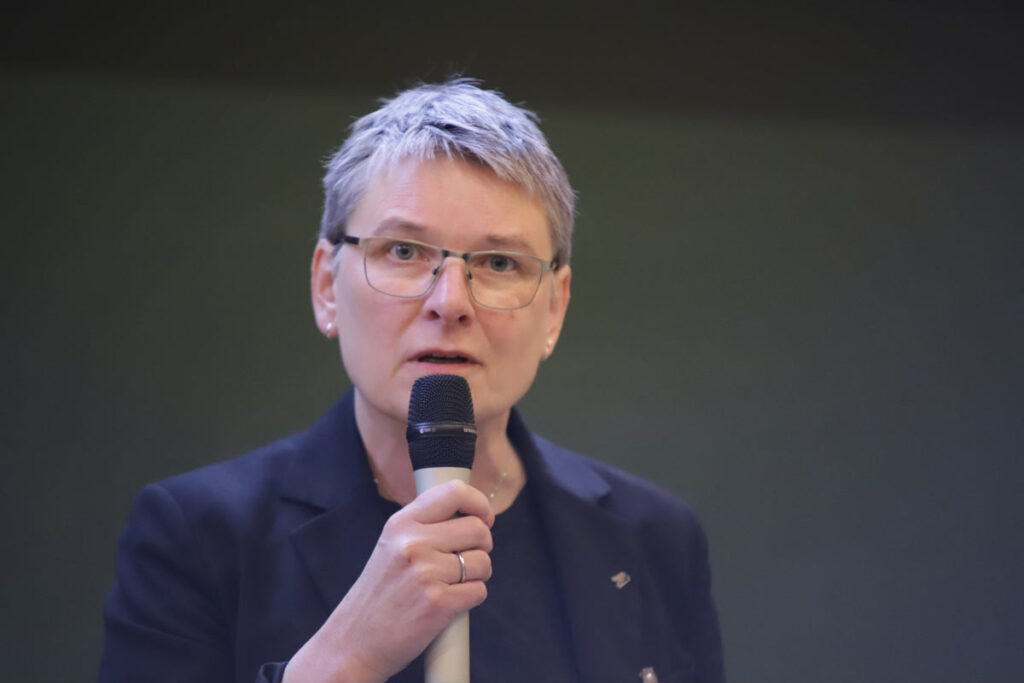
The floor was then given to two members of the Norwegian Energy Commission, who presented a summary of the Commission’s conclusions. Arve Ulriksen (Mo Industripark) and Liv Monica Stubholt (Selmer) held a lively presentation during which they underlined, among other things, the importance of leveraging excess heat as a resource.
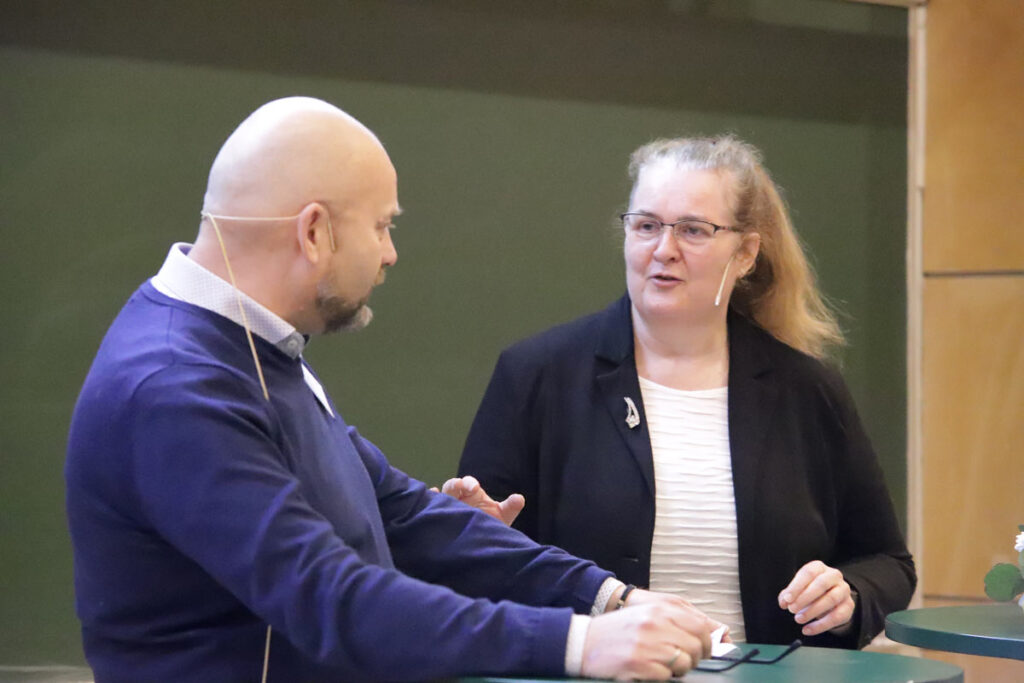
Political debate
A group of politicians then took the stage to discuss how energy efficiency measures can be implemented more swiftly. Participants were Lars Haltbrekken (SV), Mari Holm Lønseth (H), Terje Settenøy (FrP) and Per Olav Hopsø (Ap). The debate was led by Mari Greta Bårdsen (SINTEF Energy Research).
Participants largely agreed on the fact that the regulatory framework needs to be adjusted to allow for more rapid progress in the field of energy efficiency. They also agreed that measures should be put in place to simplify collaboration between industries – especially industries that have no history of collaboration with each other. If they mostly agreed on the broad strokes, there were differences of opinion regarding exactly how the authorities should encourage a faster transition towards better energy efficiency.
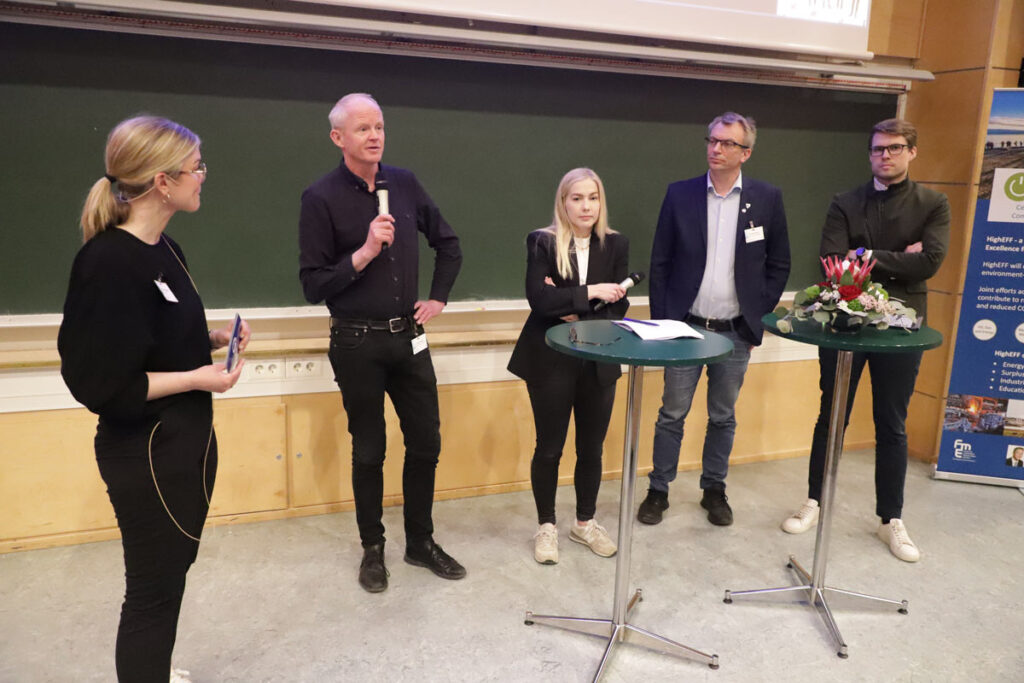
Industry and science sessions
The rest of day 1 consisted of several sessions, each with a scientific presentation and multiple contributions from industry. For example, SINTEF senior researcher Hanne Kauko spoke about the industry as a flexibility provider; that is, how industry can help reduce the pressure on the power grid through energy sharing and energy storage. This was followed by a discussion with representatives from Rema 1000 and Tine, focusing on the progress they achieved in energy efficiency through their participation in the Centre.
One of the sessions focused on new industries, with representatives from Elinor Batteries, ICT-Norway, Gen2 Energy, and Renewables Norway. New industries will require more power, which makes energy efficiency even more relevant. In addition, these industries have potential when it comes to sharing surplus heat, if the right decisions are taken early on to make such a collaboration possible.
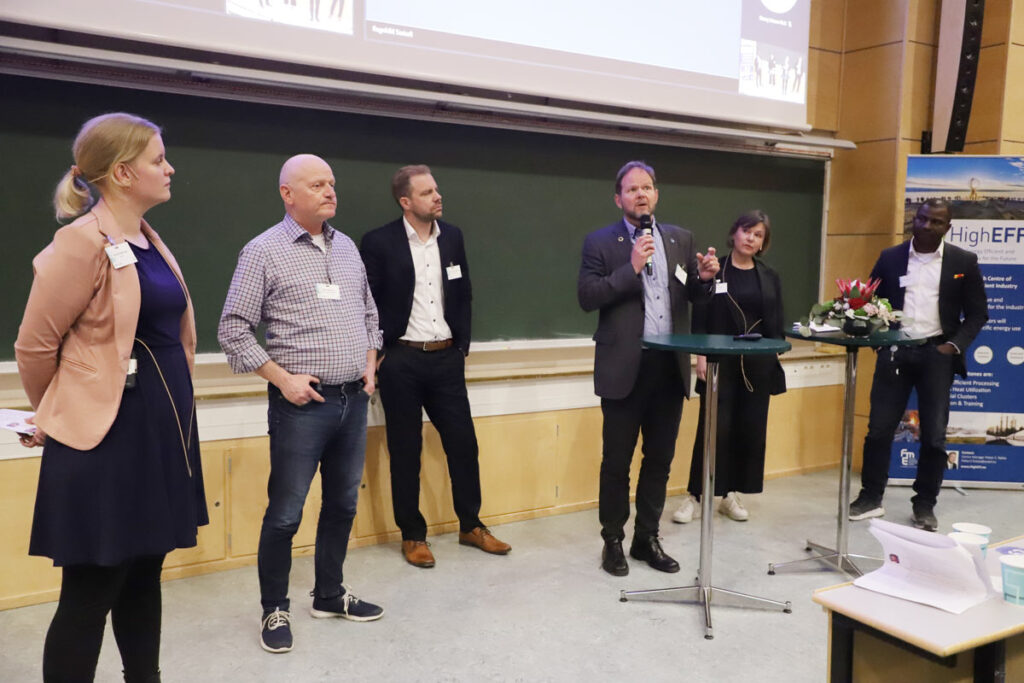
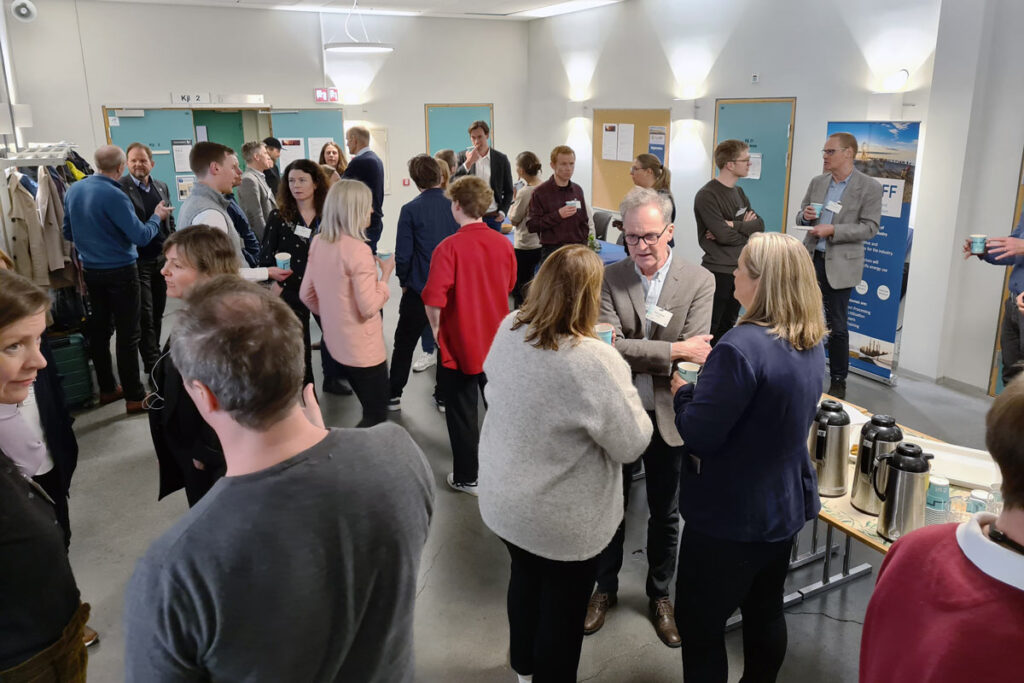
Educational programme
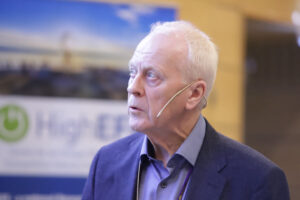
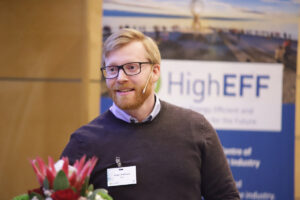
Day 2 started with Professor Truls Gundersen (NTNU), HighEFF’s Scientific Leader, presenting a status update on the Centre’s educational programme. A total of 14 PhDs and 5 postdocs have already completed their work (out of a total of 19 PhDs and 6 postdocs). Four more PhDs will finish in 2023, and one in 2024. The success rate so far has been above 96%, which is considered very good. In addition, the Centre has collaborated with 10 associated PhDs (not funded by HighEFF). Seven of these have completed their defence.
Updates on research
Day 2 was dedicated to updates about the scientific portion of the Centre’s work.
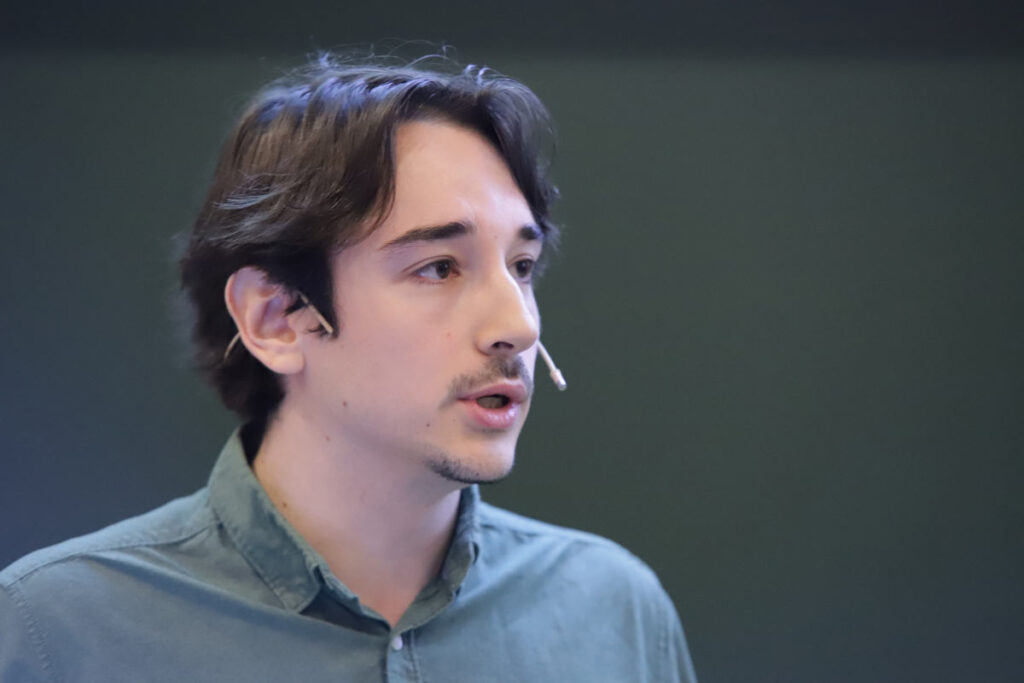
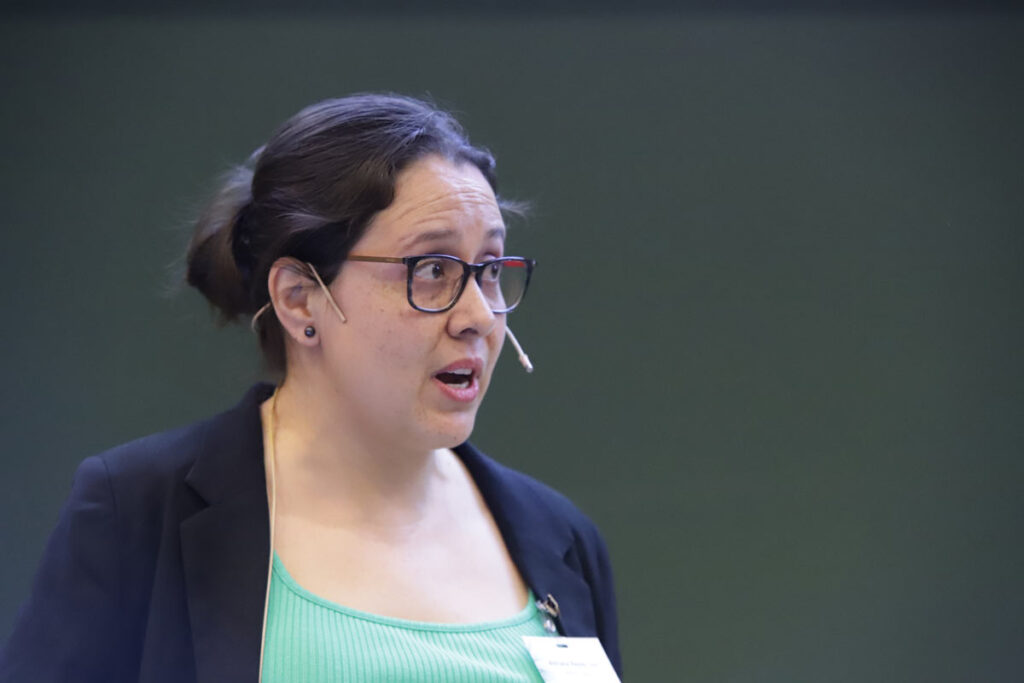
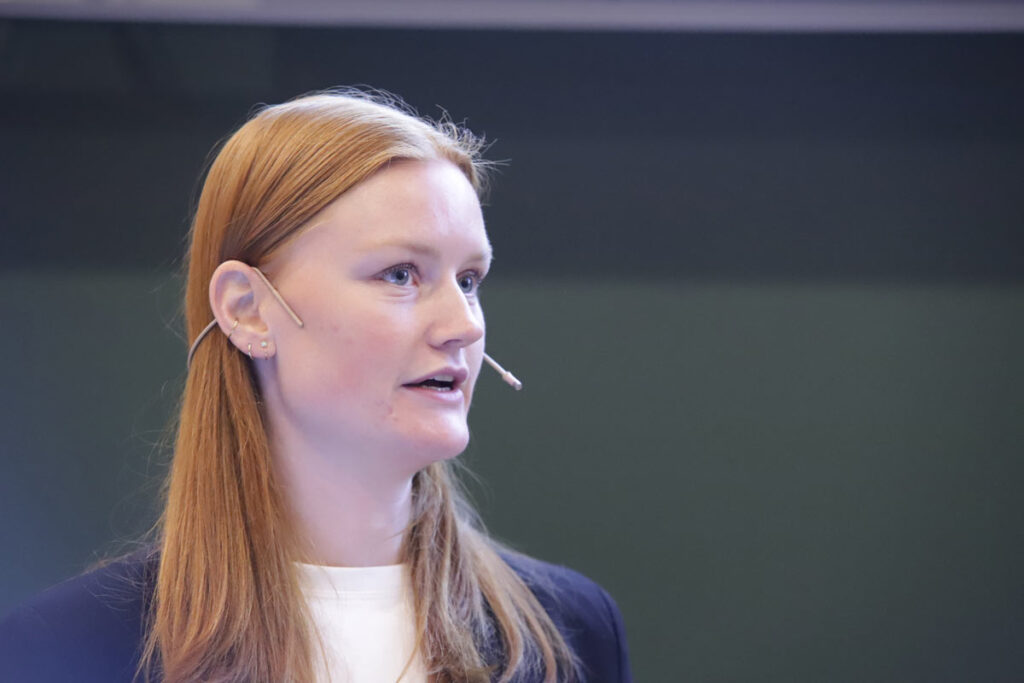
More research is needed
Solutions are ready to be implemented, but HighEFF research over the past years has revealed that there still is a lot of low-hanging fruit to be picked on the innovation front. Moreover, centres like HighEFF make it possible for companies too small to have their own research and development department to benefit from the power of innovations in energy efficiency.
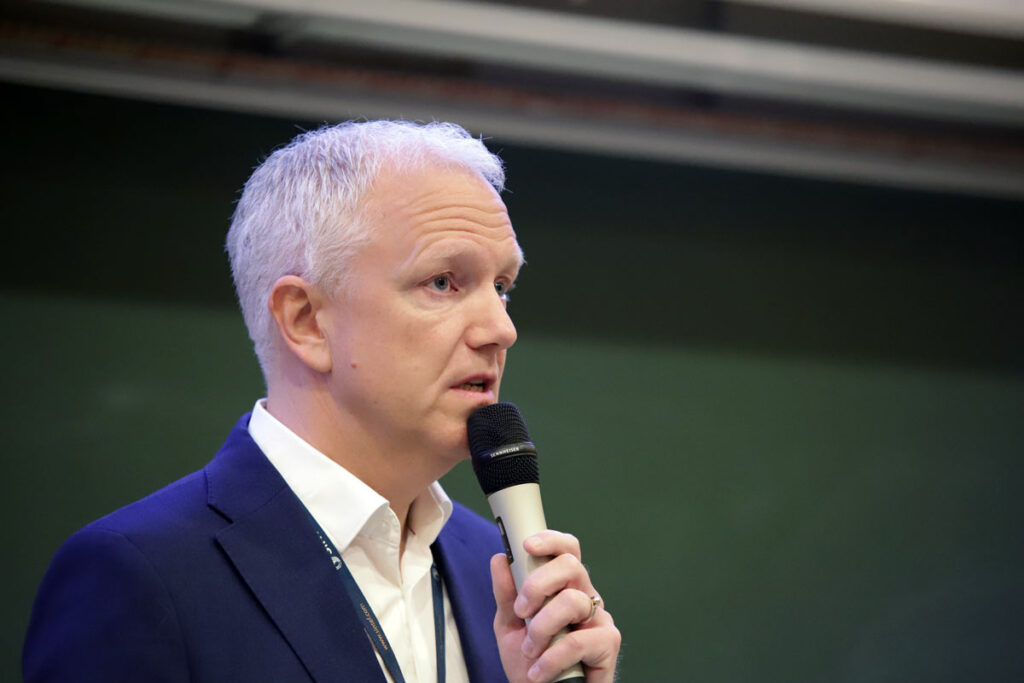
FME HighEFF will draw to a close next year, but we are already at work gathering a consortium for another centre to continue the work. Are you involved in industry and motivated to implement novel ideas to improved efficiency? Do not hesitate to contact me!


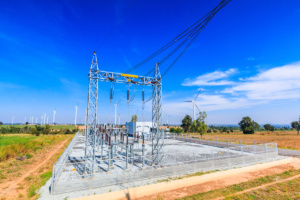
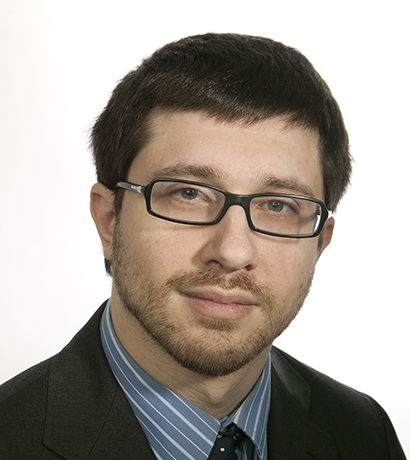


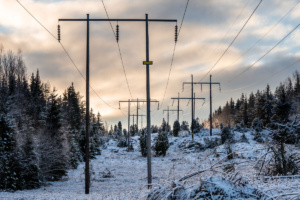
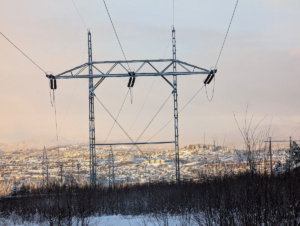
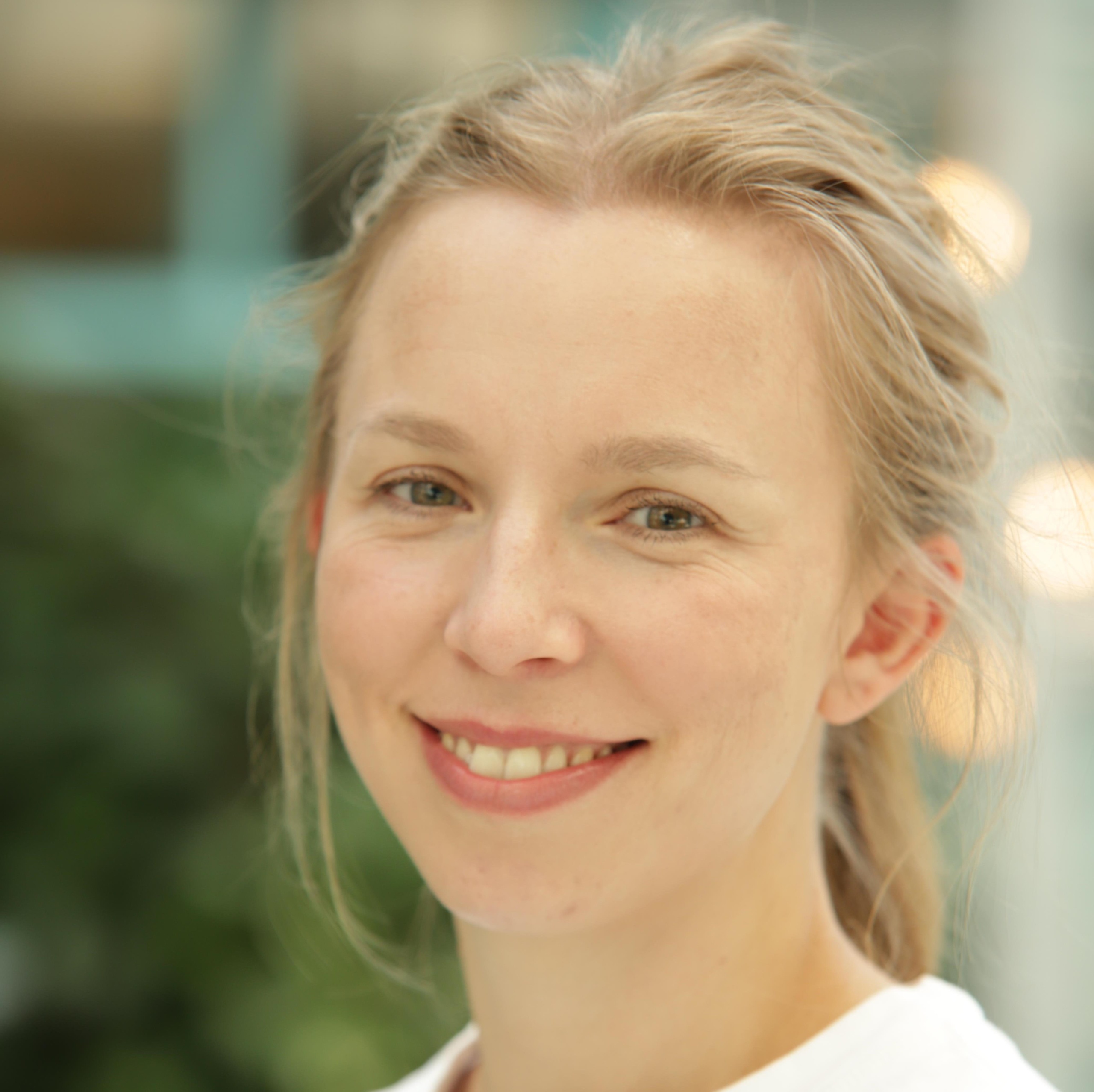
Comments
I often enjoy reading helpful writings; thank you for providing this one.